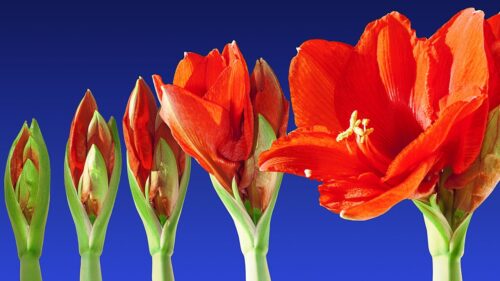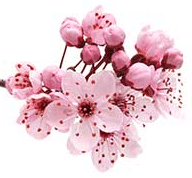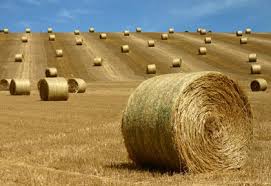Spread the word – Spring

At this time of year we are inevitably drawn to words that mark the change of season. In this post we will take a look at the words that describe the coming of spring and also see how we can extend their use to describe change in other contexts.
When a plant or tree blooms, it produces flowers, and when a flower blooms, it opens. And if someone or something else blooms, they develop good, attractive, or successful qualities: economies and relationships can bloom and youngsters can bloom into adulthood.
To blossom is used to describe the flowering of a fruit tree, and figuratively also denotes the development of positive qualities: for example, we can talk of a blossoming romance.
The bud is the first sign that a flower or leaf is growing; here you can see how William Wordsworth used this image in this extract of his poem, ‘Written in Early Spring’:
The budding twigs spread out their fan,
To catch the breezy air;
And I must think, do all I can,
That there was pleasure there.
One of the most famous romantic passages from Shakespeare’s sonnets (specifically, number 18) uses bud as an image, although it is summer that is truly celebrated here:
Shall I compare thee to a summer’s day?
Thou art more lovely and more temperate:
Rough winds do shake the darling buds of May,
And summer’s lease hath all too short a date.
And if you talk of a budding entrepreneur or a budding artist, you mean that they are starting to succeed or become interested in business or art.
Another word used as a descriptor of early growth, the shoot, which is first part of a plant to appear above the ground, is often used to describe economic growth particularly in the expression the green shoots of recovery as seen in these examples from the press:
Don’t be fooled by the green shoots of recovery in Scotland’s housing market
UK grocery sector seeing its first green shoots of recovery
Finally, something else that we associate with the onset of spring and something that, for some of us at least, means sneezing, watery eyes, headaches and the avoidance of the countryside, is hay fever, an allergy to pollen from plants and trees. Thought to derive from
until the early nineteenth century, its rather inaccurate name in English has stuck.




